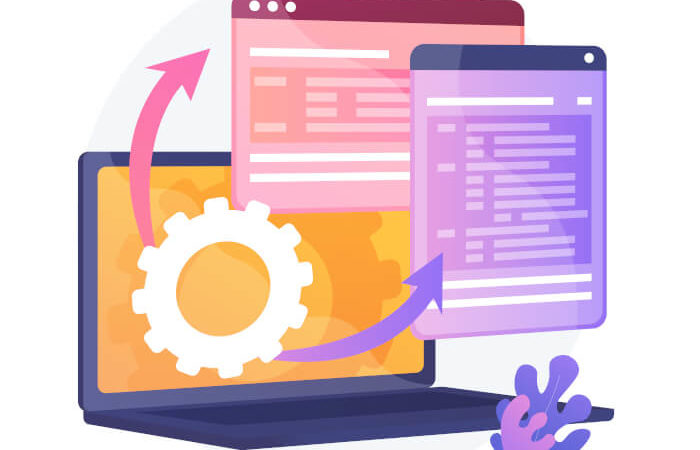Markdown is a lightweight markup language. It allows individuals “to write using an easy-to-read, easy-to-write plain text format, then convert it to structurally valid XHTML (or HTML)”. Markdown’s syntax is intended to be used as a format for writing for the web. Whereas HTML is a publishing format, Markdown is a writing format.
Markdown is intended to be as easy-to-read and easy-to-write as is feasible. Readability, however, is the priority.
Markdown is also a Perl script converting text input to (X)HTML.
Markdown was released in 2004 and has been adopted by many sites to help discussion between users such as GitHub, Stack Overflow, and reddit.
Features include:
- Emphasizes source code readability.
- Syntax is very small, corresponding only to a very small subset of HTML tags.
- Syntax is comprised entirely of punctuation characters.
- Supports two styles of headers: Setext and atx.
- HTML export and import tools.
- Tables can be implemented using direct HTML.
- Link titles.
- Class attribute can be implemented using direct HTML.
- ID Attribute can be implemented using direct HTML.
- Automatic email address obfuscation.
- Export formats: HTML, LaTeX, ConTeXt, RTF, PDF, OpenDocument, DocBook, EPUB, MediaWiki, ReStructuredText, Man page, S5 (file format).
Website: daringfireball.net/projects/markdown
Support:
Developer: John Gruber
License: BSD-style open source license
Return to Lightweight Markup Languages
| Popular series | |
|---|---|
| The largest compilation of the best free and open source software in the universe. Each article is supplied with a legendary ratings chart helping you to make informed decisions. | |
| Hundreds of in-depth reviews offering our unbiased and expert opinion on software. We offer helpful and impartial information. | |
| The Big List of Active Linux Distros is a large compilation of actively developed Linux distributions. | |
| Replace proprietary software with open source alternatives: Google, Microsoft, Apple, Adobe, IBM, Autodesk, Oracle, Atlassian, Corel, Cisco, Intuit, SAS, Progress, Salesforce, and Citrix | |
| Awesome Free Linux Games Tools showcases a series of tools that making gaming on Linux a more pleasurable experience. This is a new series. | |
| Machine Learning explores practical applications of machine learning and deep learning from a Linux perspective. We've written reviews of more than 40 self-hosted apps. All are free and open source. | |
| New to Linux? Read our Linux for Starters series. We start right at the basics and teach you everything you need to know to get started with Linux. | |
| Alternatives to popular CLI tools showcases essential tools that are modern replacements for core Linux utilities. | |
| Essential Linux system tools focuses on small, indispensable utilities, useful for system administrators as well as regular users. | |
| Linux utilities to maximise your productivity. Small, indispensable tools, useful for anyone running a Linux machine. | |
| Surveys popular streaming services from a Linux perspective: Amazon Music Unlimited, Myuzi, Spotify, Deezer, Tidal. | |
| Saving Money with Linux looks at how you can reduce your energy bills running Linux. | |
| Home computers became commonplace in the 1980s. Emulate home computers including the Commodore 64, Amiga, Atari ST, ZX81, Amstrad CPC, and ZX Spectrum. | |
| Now and Then examines how promising open source software fared over the years. It can be a bumpy ride. | |
| Linux at Home looks at a range of home activities where Linux can play its part, making the most of our time at home, keeping active and engaged. | |
| Linux Candy reveals the lighter side of Linux. Have some fun and escape from the daily drudgery. | |
| Getting Started with Docker helps you master Docker, a set of platform as a service products that delivers software in packages called containers. | |
| Best Free Android Apps. We showcase free Android apps that are definitely worth downloading. There's a strict eligibility criteria for inclusion in this series. | |
| These best free books accelerate your learning of every programming language. Learn a new language today! | |
| These free tutorials offer the perfect tonic to our free programming books series. | |
| Linux Around The World showcases usergroups that are relevant to Linux enthusiasts. Great ways to meet up with fellow enthusiasts. | |
| Stars and Stripes is an occasional series looking at the impact of Linux in the USA. | |
